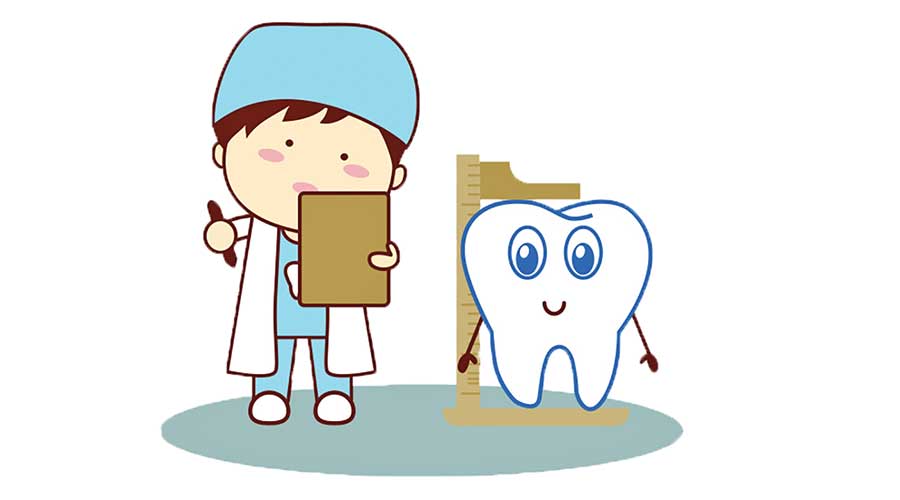ASK A PHYSICAL THERAPIST
- 13 Apr - 19 Apr, 2024

I’ve been having frequent headaches but doctors have said that there is nothing wrong. Someone mentioned that my oral health could be responsible. Is that true?
It’s good that you have asked this question because it addresses the concerns of so many people and women in particular. It’s so typical that we see patients coming in for their checkups and we see certain signs and ask the patients whether they have been having headaches. Around one-third of children and about 20 per cent of adults are thought to have bruxism. Bruxism refers to both grinding the teeth as well as teeth clenching. So how can that cause your headaches? When you are awake there is a protective mechanism that prevents you from grinding too long or too hard. But when you are asleep this mechanism shuts down and can cause you to grind on and on, night after night. This eventually causes the symptoms that most people who have bruxism usually complain of. Nightguards are usually prescribed and custom fitted to prevent bruxism.
My dentist has told me that I have to remove one of my grinders. He also told me that it should be replaced as soon as possible. I don’t want a denture for sure but I can’t decide whether I should go for a bridge or an implant. What do you think is the best option?
Even though the natural teeth should be preserved as far as possible, sometimes circumstances arise where a root-canal and crown to save the tooth may not be an option. In these cases you would usually need to decide between a bridge or an implant. There are some important considerations that you should keep in mind before deciding on either. The need to replace a missing tooth are many: The adjacent teeth start to shift position putting them at risk of decay and gum disease and possibly problems in the jaw joint. The tooth opposing the lost tooth starts to move out of the socket as there is nothing to oppose it and it will eventually become loose. Moreover the jaw bone that holds the tooth starts to erode and deteriorate as it is no longer functional. The best place to start is usually with a Dental CT scan, also called a CBCT. This would give the treating dentist a very good idea on the complexities involved. If conditions permit then we would usually recommend an implant over a bridge. Best of luck with your treatment.
COMMENTS